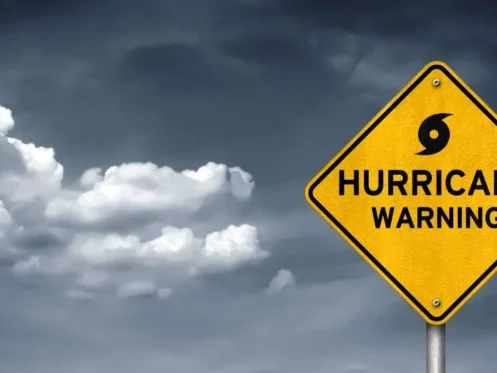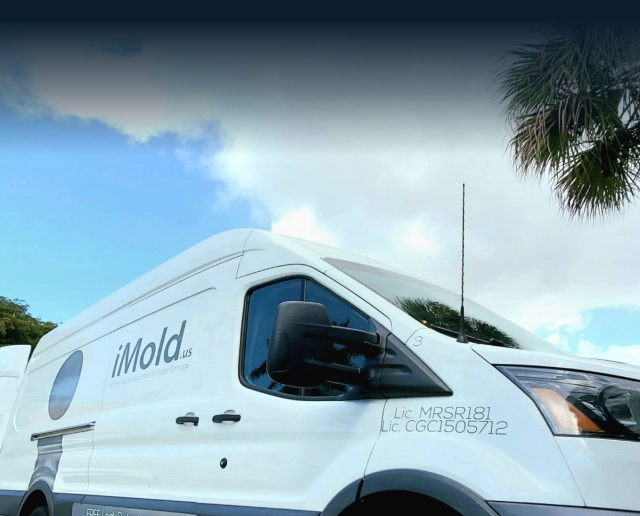How to Prevent Hurricane Water Damage
Hurricanes can bring a lot of damage and destruction to your home. In Florida, we know how common they are during hurricane season. Along with the wind and rain, there can be flooding. All these can cause water damage to occur in your home. Water damage can bring a lot of other things into your home, such as mold. Thus, it is vital to prepare your home for hurricane season to prevent water damage and mold growth.
We will take a deeper look at preventing hurricane water damage in this post.
Keeping Water Out
The most important thing to do to prevent water damage is to keep water out of your home. Between the wind, rain, debris, and flooding from hurricanes, there are many threats. These threats are the main culprits of water damage. There are several ways to keep water out of your home, and we will focus on those below.
Wind and Rain
It is best to prepare the outside of your home for the strong wind and rain from a hurricane. Hurricanes tend to blow rain sideways rather than let it fall straight down, so it is easier for water to get in. Make sure any cracks or gaps on the outside of your home are entirely sealed. You do not want the rain to get beyond the exterior, as this can damage the structure and integrity of your home. If it gets in and the insulation gets wet, that is a big problem. You would likely have to remove all the insulation and replace it. If the drywall gets wet, it can create a significant mold problem.
Seal any cracks around windows or doors. You will also want to lock your windows and doors during a hurricane to prevent them from blowing open. For stronger hurricanes, it’s common to put storm shutters up on your windows. Shutters prevent debris from flying into and breaking windows.
Make sure your roof is correctly maintained. Since hurricanes bring so much wind, they can blow shingles off your roof. This can allow for leaks, which often result in water damage and mold growth. If anything breaks on your roof, fix it before a hurricane arrives. When your roof has aged, it can be helpful to have it replaced.
Flooding
If your home is not prepared for flooding, a lot of damage can happen. Flooding can destroy furniture, flooring, and even the structure of your home. This happens if your home is not sealed, receives damage, or is built below flood level. If you’re looking to build a house in Southwest Florida, make sure it is above sea and flood levels. This area is near the coast, so it is more vulnerable to flooding and storm surges. Big storm surges are common during hurricanes, so building your home higher will help.
You may need to do a good amount of work to recover from damage by floodwaters. Floodwaters can become electrically charged, so you must be careful. Turn the power in your home off if you are investigating floodwaters. Flooding may also ruin your electrical system. Floodwater is not usually just water. It collects all the bacteria and chemicals from outdoors. Take caution by wearing protective gear and stay out of any standing floodwater. The first thing to do if minor flooding happens is remove the water and disinfect the area. If it has gotten into the drywall and insulation, you need to remove it. Those will never dry out and can cause mold growth. Because the floodwaters can carry harmful bacteria, anything they soak needs to be removed or deep cleaned.
Repairing Water Damage
If you end up with water damage after a hurricane, it is best to call a professional restoration company to repair it. You do not want to leave water damage in your home. Removing and restoring it is the best option for preventing mold growth and rot.
We hope you stay safe during hurricanes in Florida. Though you should do your best to prevent water damage from a hurricane, there are solutions if it happens.
iMold is here to help 24/7 with water damage services. Give us a call to discuss any water damage concerns. Follow iMold on Facebook, Twitter, and Instagram for the latest updates.

